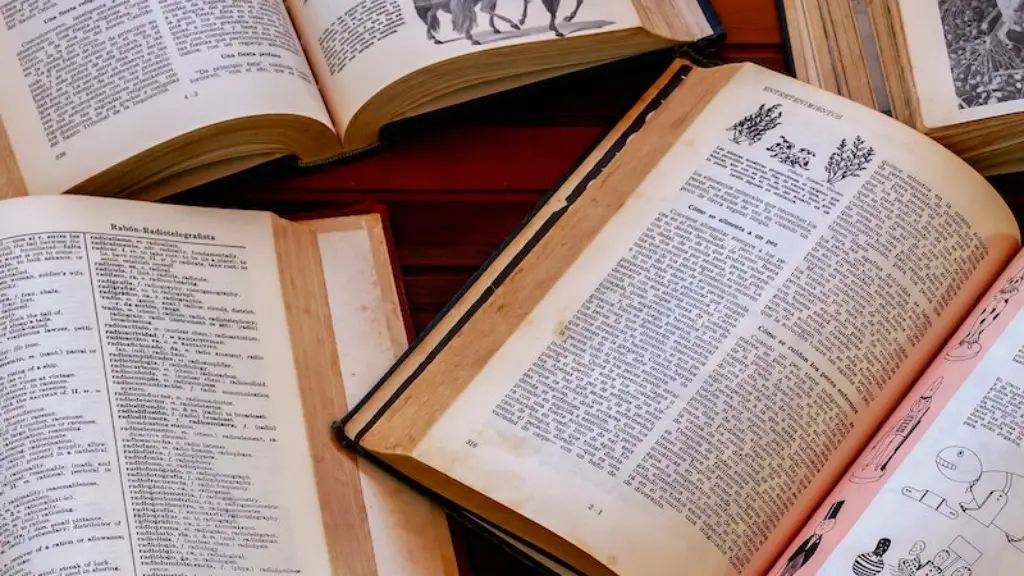Langston Hughes is known as one of the most prominent writers of the Harlem Renaissance. His work explores a broad range of themes, from race and identity to love and sorrow. He elevates the black experience and gives voice to the struggles and successes of the African American people. Throughout his career, Hughes wrote about a wide range of themes. He was a master of language and style, and his writing was often heartfelt and honest.
The central theme of Langston Hughes’ work is black experience. Hughes wrote his work to give voice to the people of the African diaspora, to capture their struggles and successes. Hughes wrote about racial injustice in works such as “The Negro Speaks of Rivers,” and his poems analyzed the concept of self-love within the black community. He often used metaphor and symbolism to convey his message.
Hughes also explored the idea of identity. In many of his poems, Hughes talks about the African American journey and how it has shaped the identity of black people. He questions what it means to be “black” in a largely white America, and how African Americans should view themselves. In his poem “I, Too,” for example, Hughes writes about a black man’s journey to find his identity and his place in the world.
Langston Hughes’ writing often focuses on the theme of love. Throughout his work, he explores various kinds of love: romantic, platonic, familial, and spiritual. His love poems are often tender and heartbreaking, and they speak to the complexities of love and relationships. He often used metaphor and symbols to capture the beauty and power of love.
In addition to the themes of identity and love, Hughes also wrote about sorrow and despair. In poems such as “Dream Boogie” and “Laughing to Keep From Crying,” Hughes talks about the pain and suffering of African Americans living in a racist society. He paints a stark picture of the harsh realities of life, but also speaks of hope and resilience. Hughes’ work captures the pain and injustice of life, while also celebrating the strength of the human spirit.
Finally, Hughes wrote about hope and triumph. In poems such as “Harlem” and “The Weary Blues,” Hughes writes about the possibility of a brighter future for African Americans. His poems of hope and celebration of the black experience are uplifting and inspiring. Hughes’ work often focuses on the struggles of African Americans, but he always speaks of a brighter tomorrow.
Race and Identity
Race and identity are central themes in Langston Hughes’ work. Hughes wrote with the aim of elevating the black experience and acknowledging the strength of African Americans in the face of oppression and racism. He wrote with an understanding of the power of language and story-telling to shape identity and culture. In works such as “The Negro Speaks of Rivers” and “I, Too,” Hughes explores the importance of identity in an ever-changing society.
Hughes’ work is often a blend of tragedy and hope. He speaks of the injustices faced by African Americans through the ages, but he also speaks of the possibility of a more equal and just future. His desire to bridge the gap between black and white people is evident in his writing and shows his commitment to progress and equality.
In his work, Hughes often speaks of the need for self-love and self-acceptance. He believes that, by embracing their identities, African Americans can strive for a better future. His heart-felt words capture the struggle of the black experience, but also speak of the strength of resilience and courage.
Love and Relationships
Love and relationships are other important themes in Langston Hughes’ writing. Hughes’ love poems often explore the complexities of human emotions and relationships, and he speaks of the joys and sorrows of love. His poems are often tender and heartbreaking, and they capture the beauty and fragility of relationships.
Hughes also speaks of the power of love to transcend boundaries and bring people together. In his poem “Let America Be America Again,” he writes of a nation where love is free from judgement and racism. Hughes speaks of a united America where all people are seen as equal and where love can heal the deepest wounds.
Hughes’ love poems serve as a reminder of the power of love to bring people together and create a better future. His poems speak of the joys and sorrows of love, and they explore the idea of lasting, unconditional love.
Despair and Resilience
Despair and resilience are also important themes explored in Langston Hughes’ work. In poems such as “Dream Boogie” and “Laughing to Keep From Crying,” Hughes speaks of the sorrows of life and the hardships faced by African Americans living in a racist society. His words capture the pain and injustice of life, and yet, paradoxically, also speak of resilience and hope in the face of suffering.
Hughes’ work is often a blend of despair and hope. He speaks of the sorrows and struggles of life, but he also speaks of the possibility of a brighter future. His words often tell of the need to keep fighting for justice and equality in spite of adversity.
Hope and Triumph
Langston Hughes’ work often speaks of hope and triumph in spite of adversity. In poems such as “Harlem” and “The Weary Blues,” Hughes speaks of the possibility of a brighter future for African Americans. His writing captures the beauty of African American culture, and speaks of the possibility of freedom and equality.
Hughes speaks of the resilience and strength of the African American people. His words are often a blend of tragedy and hope, despair and triumph. His work often speaks of the pain of racism and injustice, but also of the strength and resilience of the human spirit.
Langston Hughes’ work is an important celebration of African American culture and identity. His work celebrates the struggles and successes of African American people. He speaks of the importance of identity, love, and resilience, and he shows us the power of the human spirit to overcome adversity.




